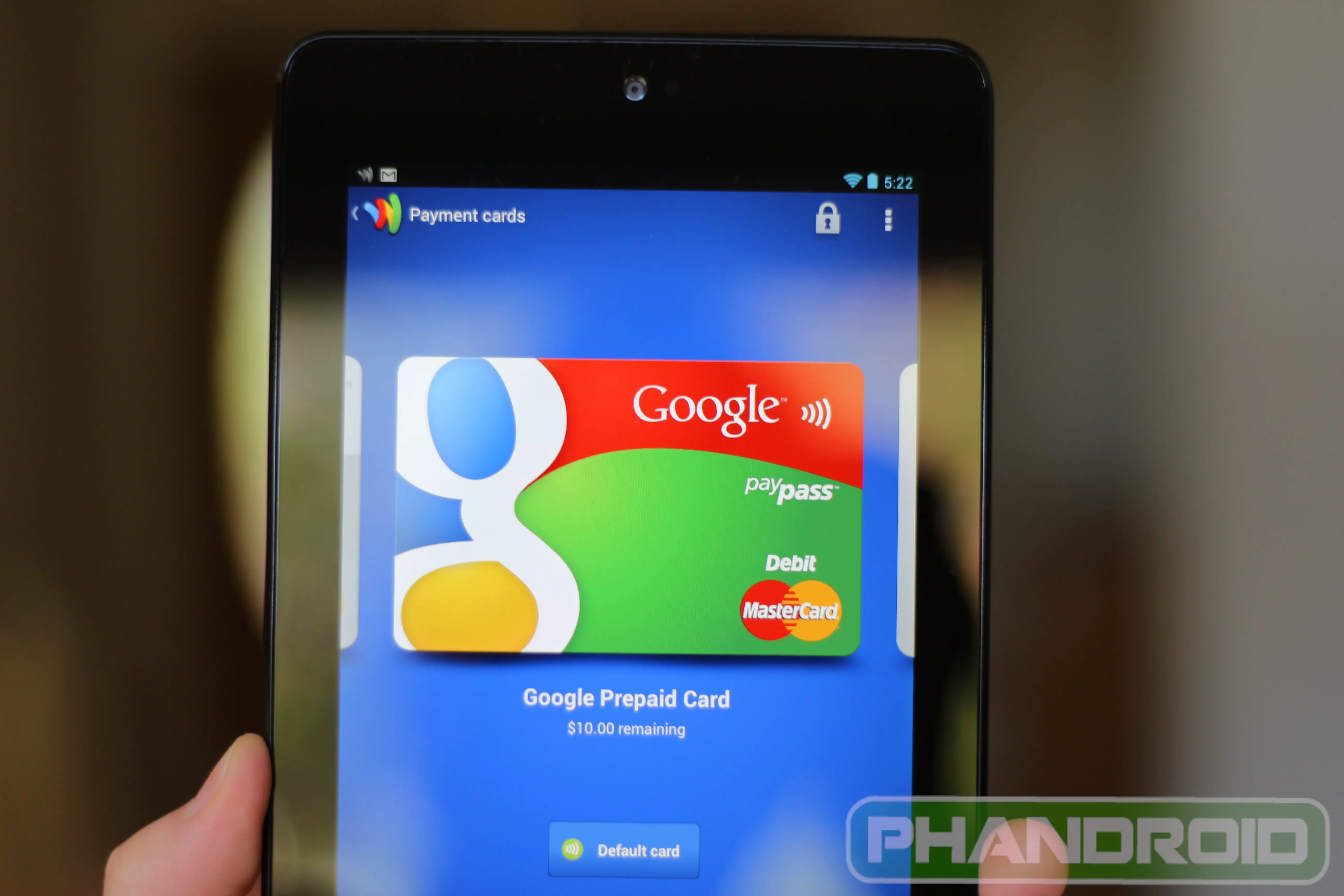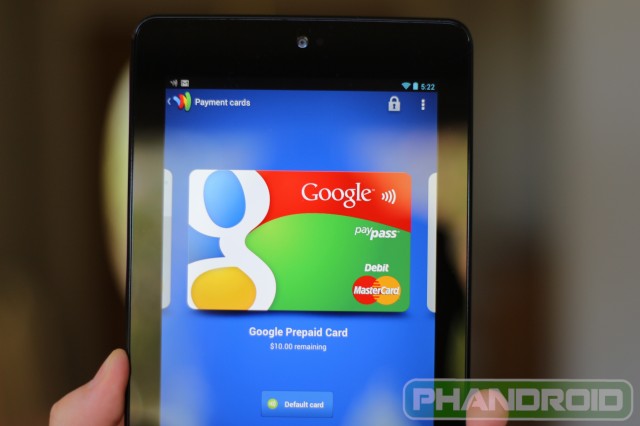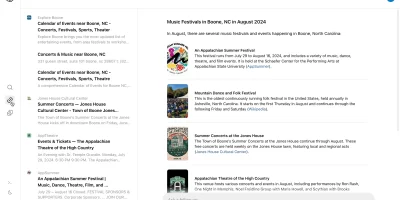It can sometimes be scary to entrust online companies with your money, but Google’s doing everything in their power to make sure you won’t ever be burned for doing business with them. The latest move for Google Wallet is to store funds in banks that are FDIC-insured, at least according to information reportedly received by Yahoo straight from an unnamed Google rep.
In case you aren’t aware, the FDIC is a government-spawned insurance agency that was put in place to protect citizens’ fortunes in the unfortunate event that a bank crashes.
So what does this mean? Should Google or the bank holding your funds ever cease to exist (the chances of that happening are very slim in the here and now, we’d say, especially since no FDIC-insured bank has gone under since its arrival in 1934) you can be sure your money won’t go down with them.
On the outside looking in, life with Google Wallet will go on as it always has, but now you get just a bit of added peace of mind knowing your money is just as safe with Google as it is with your favorite big bank.












maybe i’ll start using it now?
It’s stupid for CurrentC to come in and try to implement their own system rather than go the NFC route. It’s like the Google Wallet vs ISIS Wallet (SoftCard) all over again.
Good thing Apple copied Wallet and uses NFC.
Which means Google earns the interest on your money.
Also, FDIC accounts are only insured up to $250,000. Is Google opening accounts for each Wallet account or multiple accounts totaling less than $250,000?
With PayPal, I can keep the money in my own bank account keep my interest (small as it may be). I attach a checking account that I only use for Paypal and keep $5 in it normally (credit union minimum requirement). Then I transfer funds in when I make a purchase. I haven’t linked the account to Wallet, because I don’t use it much. It’s still better than keeping the funds in Google’s hands.
It can only be good news, so here’s to Google Wallet expansion.
Actually, your money does go down with the government. A little unknown fact about the FDIC… the government has 99 years to pay out claims! In other words, you’ll be long gone before you ever see a dime. Nothing like fine print ;-)
It instills confidence, regardless of its practical applications.
I agree, it does… I’m just pointing it out for those who don’t want to be fooled. If word ever got out on what the FDIC really covers, it would be fire and pitchforks at the steps of “City Hall!”
Reality is that the accounts are usually taken over by another bank with the FDIC eating some of the failing banks liabilities. Fine print may allow 99 years, but reality is that in most (if not all) current cases, account holders are immediately made whole.
Yes, it’s a rarity that the FDIC ever kicks in, but if ever there was a “worst case scenario” situation, the FDIC would be useless. I’m sure if ever that was to occur, we would have bigger problems that worrying about our bank accounts…
With them eliminating the option to add money from prepaid cards and credit cards.. This means nothing to me
Isn’t BanCorp the issuer of the GW card? Surely all accounts with them are member FDIC. I’m confused at what has changed?
What changed was Google working out a deal to add Pass Through Insurance for each Wallet account, not just each account with a Wallet debit card. Before this change, BanCorp issued the Google Wallet debit card for each account that requested one, but didn’t offer FDIC protection for the card or associated Wallet account because they were just virtual accounts without a bank account, much like how PayPal works.
Care to explain this statement?
“especially since no FDIC-insured bank has gone under since its arrival in 1934”
That is far from the truth. Banks go under every year. The FDIC (often in combination with other regulators) will step in and broker the sale of the failing bank to another bank. The other bank takes over any assets (including accounts). The FDIC uses the sale price to pay off liabilities, eating any additional losses. This happens all the time. The largest in history was Washington Mutual back in 2008.